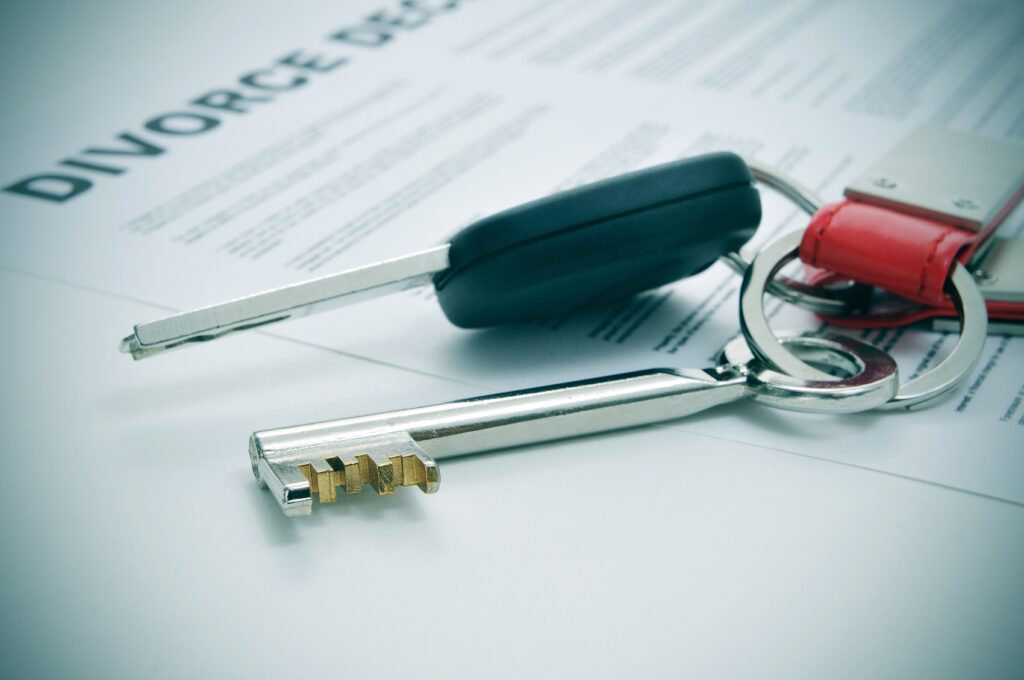If you are looking to file for divorce or are already in the process, you may be familiar with the term “equitable distribution”. This principle deals with the fair and equitable distribution/allocation of assets and liabilities.
Below, you’ll learn about the factors that determine how the assets and liabilities are distributed and how an experienced lawyer can assist you. Rigden Lieberman, LLC provides legal counsel in the Burlington County, Camden County, Gloucester County, Mercer County, Ocean County, Atlantic County, Cape May County, Salem County, and Cumberland County, New Jersey, areas.
What Is Equitable Distribution?

Equitable distribution is the allocation of marital property and debt between spouses. In the event of a divorce, this principle is used to determine a fair distribution of assets and debts. There is no automatic 50/50 division of assets and liabilities in New Jersey, although assets and liabilities are commonly divided 50/50.
Equitable Distribution in New Jersey
New Jersey is an equitable distribution state, meaning that the courts are tasked with fair and equitable distribution of a marital assets and debts. During a divorce, determining equitable distribution will generally include the following:
Identifying Assets
First, the parties will need to disclose and itemize the assets and liabilities that need to be distributed. This can include real property, businesses, bank accounts, pensions, and jewelry, artwork, credit cards, lines of credit, etc.
Value the Marital Property
Once the assets and liabilities are defined, the parties need to either agree on a value of the property or hire an expert to value the property. This may require an appraiser or accountant to correctly determine value.
Determine the Most Equitable Distribution

In order to fairly allocate assets and liabilities, New Jersey courts will consider any factors deemed necessary, including but not limited to:
- The duration of the marriage.
- The age and physical and emotional health of the parties.
- The income or property brought into the marriage by each party.
- The tax consequences of the proposed distribution to each party.
- Any written agreement made by the parties before or during the marriage regarding property division.
- The present value of the property.
These are some of the factors that can affect equitable distribution, as equitable distribution must be fair, not necessarily equal.
Consult With an Attorney
As you navigate the process of divorce and equitable distribution, trusting a professional to represent you is essential. A lawyer can help you determine the factors that may affect the distribution as well as work towards a favorable outcome on your behalf.
Rigden Lieberman, LLC has the experience needed to support you during this difficult time. Alexandra Rigden provides experienced legal counsel and offers compassion throughout the entire process.
Contact Rigden Lieberman, LLC for a Consultation
South Jersey residents can trust Rigden Lieberman, LLC.
Contact us today to request a consultation. We are here to help.